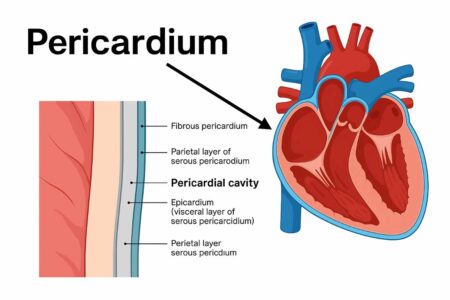If you keep up with my column, you know I’m willing to try just about anything in order to achieve my weight loss and overall health and fitness goals, including ingesting only liquid for 24 hours straight or throwing myself at the mercy of a bunch of ex-Marines. But, occasionally, I fall into the trap that so many people do: I want to look a certain way in a certain garment, and I want it right now.
That’s where crash dieting comes in. I’ve only done it once or twice (the last time I did it was for a week before a belly dancing performance—I was going to be performing in front of hundreds of my fellow college classmates with no shirt on, you understand).
I never really considered it a huge problem until I kind of mentioned it offhand to one of the trainers at the gym I go to, and he looked at me like I’d just suggested that I lop off one of my arms. So, that reaction begs the question: Is crash dieting really that bad?
A crash diet, as defined by the Official Oxford Dictionary, is “a weight-loss diet undertaken with the aim of achieving very rapid results.” In layman’s terms, you’re basically drastically restricting your diet for a short period of time and upping your exercise levels to the nth degree.
At least, that’s how I got it done. Sure, the week was generally unpleasant in that I felt overtired and hungry for the majority of it, but hadn’t I expected that going in? Is crash dieting really that dangerous if you only do it every so often and know what you’re signing up for?
Let’s look at the pros and cons, as laid out by the online medical journal Health Research Funding. The pros are what you’d expect:
- The weight loss is immediate.
- It’s affordable, considering the diet generally consists of eating less.
- It’s over quickly.
- It’s a fast way to kickstart a long-lasting, low-calorie diet.
All of that sounds great, right? Not so much, once you take in the cons. Not only are they severely restrictive and susceptible to temptation (the diet is so drastic and short that the urge you feel for a cookie is even stronger), there are major health concerns to consider. According to the HRF,
“The biggest health risk of a crash diet is the formation of gallstones.” These stones can become large enough that they block the gallbladder or other portions of the gastrointestinal tract and require emergency medical intervention to resolve the situation. “There is a direct correlation between the amount of weight loss and the size of the gallstones that may form.”
Then, of course, there’s the overall issue of being unable to control how your body consumes energy. You may be crash dieting with the intention of losing belly fat, but your body could pull those fat tissues from other parts of your body because, well, your body’s going to whatever the hell it wants.
As someone who’s never crash-dieted for longer than a week and who generally has to exercise a pretty alarming amount of willpower to not be shoving fistfuls of French fries down my throat every hour on the hour, crash diets never feel too harmful.
I’ve obviously never gotten gallstones from one, or we wouldn’t even be having this conversation. The reason I’m asking now is that, well, I have this platform, and I’d like to get as many opinions on the matter as I can. That’s what the Internet is for, right?
So, how do you feel about crash dieting? Let me know in the comments!






